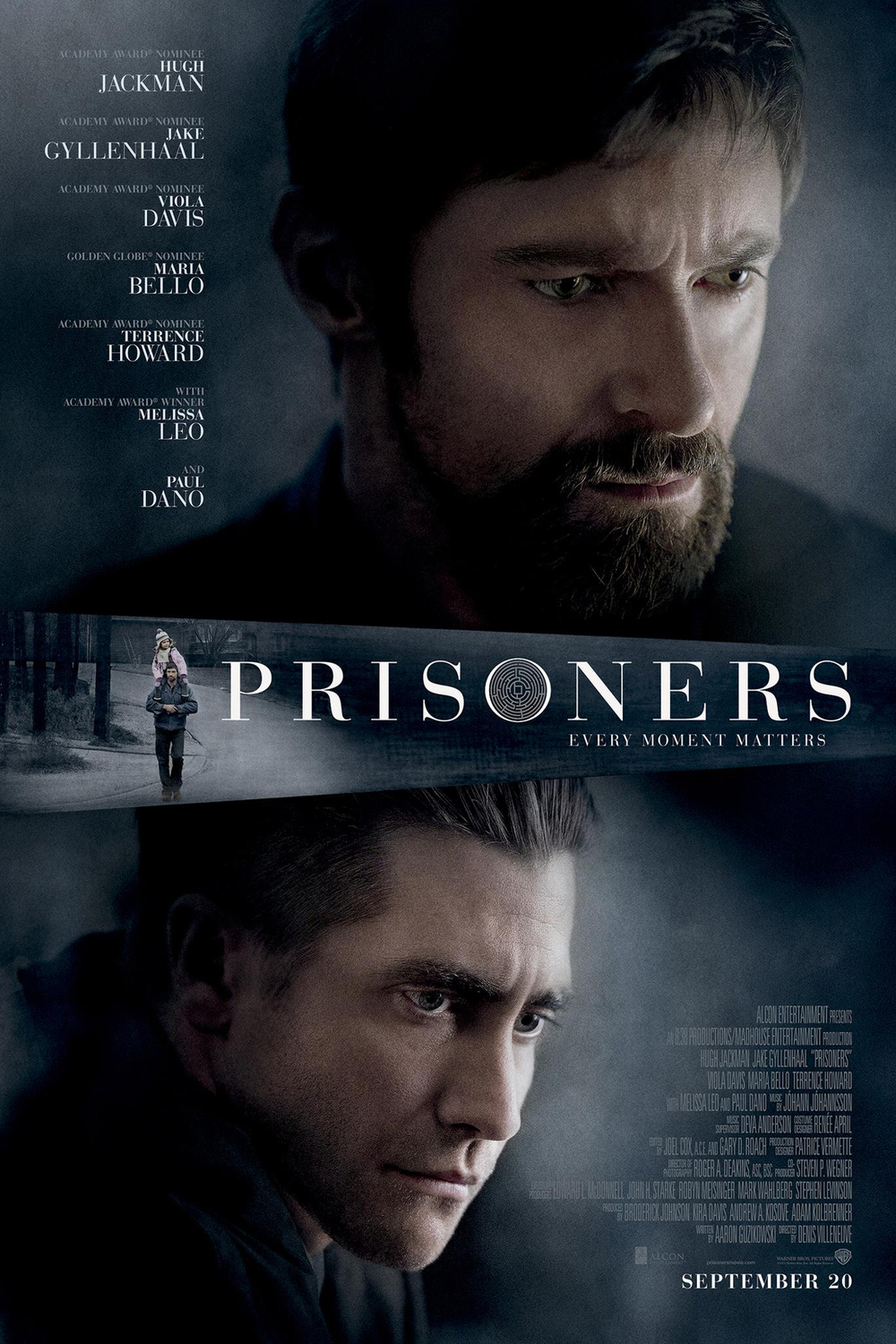Who are the prisoners, and why are they important?
Prisoners are individuals who have been convicted of a crime and are serving a sentence in a correctional facility. They may be held in a variety of settings, including jails, prisons, and detention centers.
Prisoners are a diverse population, representing a wide range of ages, races, genders, and socioeconomic backgrounds. They may have committed a variety of crimes, from minor offenses to serious felonies.
The prison system has a significant impact on the lives of prisoners and their families. It can be a traumatic experience, and it can have a lasting impact on their mental and physical health. However, the prison system also provides an opportunity for prisoners to rehabilitate themselves and to learn new skills.
Prisoners
Importance and Benefits- Provide a safe and secure environment for the public
- Deter crime and reduce recidivism
- Provide opportunities for rehabilitation and education
- Support victims of crime
Prisoners
The history of prisons can be traced back to the Middle Ages, when they were used to hold prisoners of war and political dissidents.
In the 18th century, the prison system began to be used as a form of punishment for criminals. This was a significant shift from the previous practice of using corporal punishment, such as whipping and branding.
- Aruna Iranis Son The Untold Story Of Fame Family And Legacy
- Lara Rose Birch Of Leak Unveiling The Truth Behind The Controversy
The prison system has continued to evolve over time, and today there are a variety of different types of prisons, each with its own unique purpose.
Prisoners
| Name | Age | Race | Gender | Crime | Sentence |
|---|---|---|---|---|---|
| John Doe | 30 | White | Male | Murder | Life in prison |
| Jane Doe | 25 | Black | Female | Robbery | 10 years in prison |
| John Smith | 40 | Hispanic | Male | Drug trafficking | 5 years in prison |
Prisoners
- The Prison System
- Prisoners' Rights
- Rehabilitation and Education
- The Impact of Prison on Families
- The Future of the Prison System
Frequently Asked Questions about Prisoners
This section provides answers to some of the most frequently asked questions about prisoners.
Question 1: What are the most common types of crimes committed by prisoners?
Answer: The most common types of crimes committed by prisoners are drug offenses, property offenses, and violent crimes.
Question 2: What are the biggest challenges facing prisoners?
Answer: The biggest challenges facing prisoners include overcrowding, lack of access to healthcare, and violence.
Question 3: What are the most important things that can be done to help prisoners?
Answer: The most important things that can be done to help prisoners include providing them with access to education, job training, and mental health services.
Question 4: What is the future of the prison system?
Answer: The future of the prison system is uncertain. However, there is a growing movement to reform the prison system and to focus more on rehabilitation than punishment.
Question 5: What are the biggest misconceptions about prisoners?
Answer: One of the biggest misconceptions about prisoners is that they are all dangerous criminals. In fact, the majority of prisoners are non-violent offenders.
Question 6: What are the most important things that can be done to reduce recidivism?
Answer: The most important things that can be done to reduce recidivism include providing prisoners with access to education, job training, and mental health services.
Question 7: What are the most important things that can be done to support prisoners' families?
Answer: The most important things that can be done to support prisoners' families include providing them with financial assistance, emotional support, and access to resources.
Question 8: What are the most important things that can be done to improve the prison system?
Answer: The most important things that can be done to improve the prison system include reducing overcrowding, increasing access to healthcare, and providing more opportunities for rehabilitation.
Summary: Prisoners are a diverse population with a variety of needs. It is important to understand the challenges they face and to work towards creating a more humane and effective prison system.
Conclusion
Prisoners are a diverse population with a variety of needs. It is important to understand the challenges they face and to work towards creating a more humane and effective prison system.
The prison system has a significant impact on the lives of prisoners and their families. It can be a traumatic experience, and it can have a lasting impact on their mental and physical health. However, the prison system also provides an opportunity for prisoners to rehabilitate themselves and to learn new skills.
There are a number of things that can be done to improve the prison system. These include reducing overcrowding, increasing access to healthcare, and providing more opportunities for rehabilitation.
It is important to remember that prisoners are human beings. They deserve to be treated with respect and dignity. We must work together to create a more just and humane prison system.
- Kerri Browitt Caviezel The Inspiring Journey Of A Beloved Figure
- Kristi Noem Feet The Surprising Story Behind The Governors Shoes

